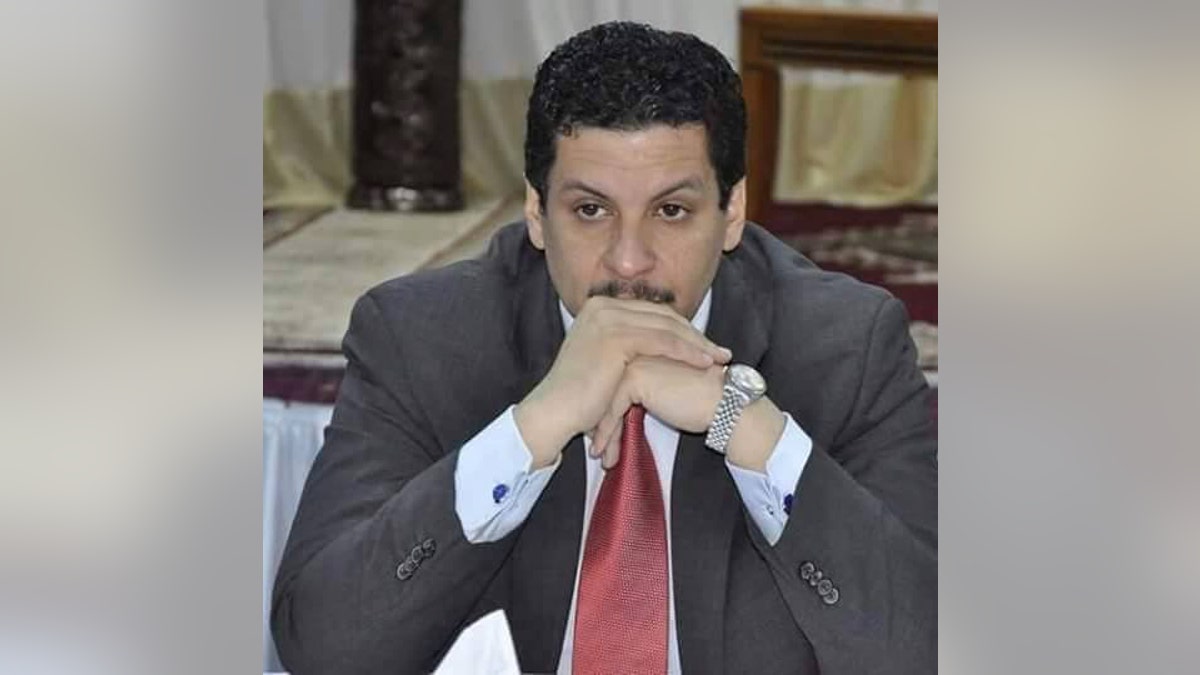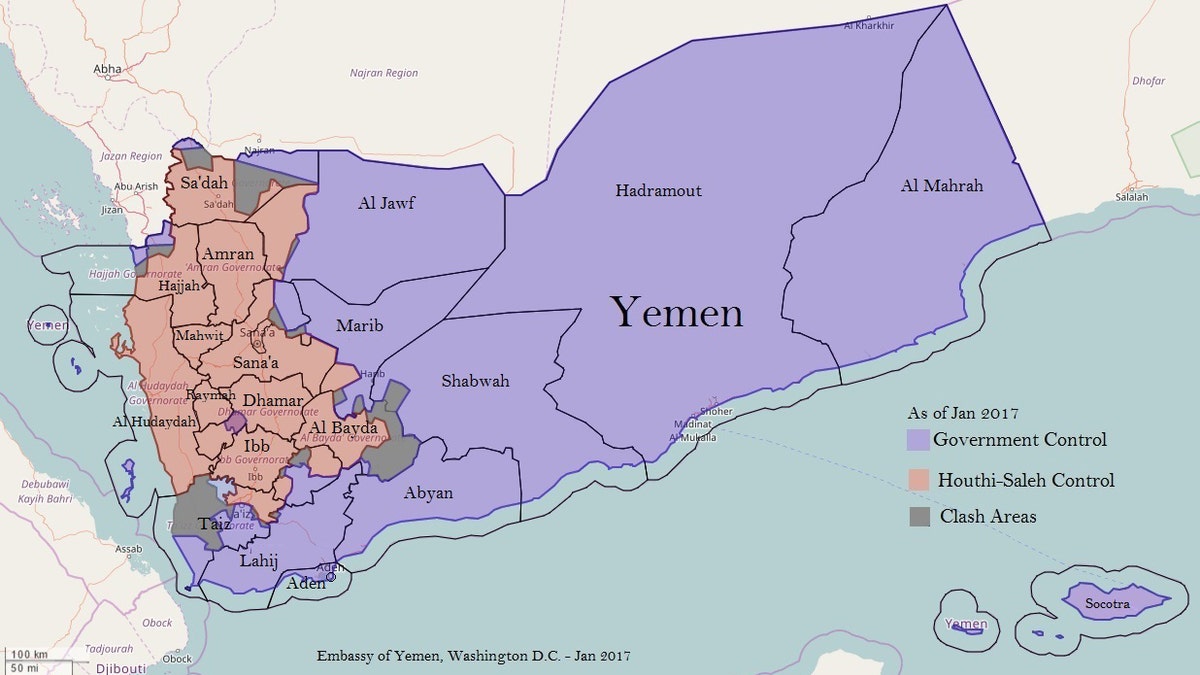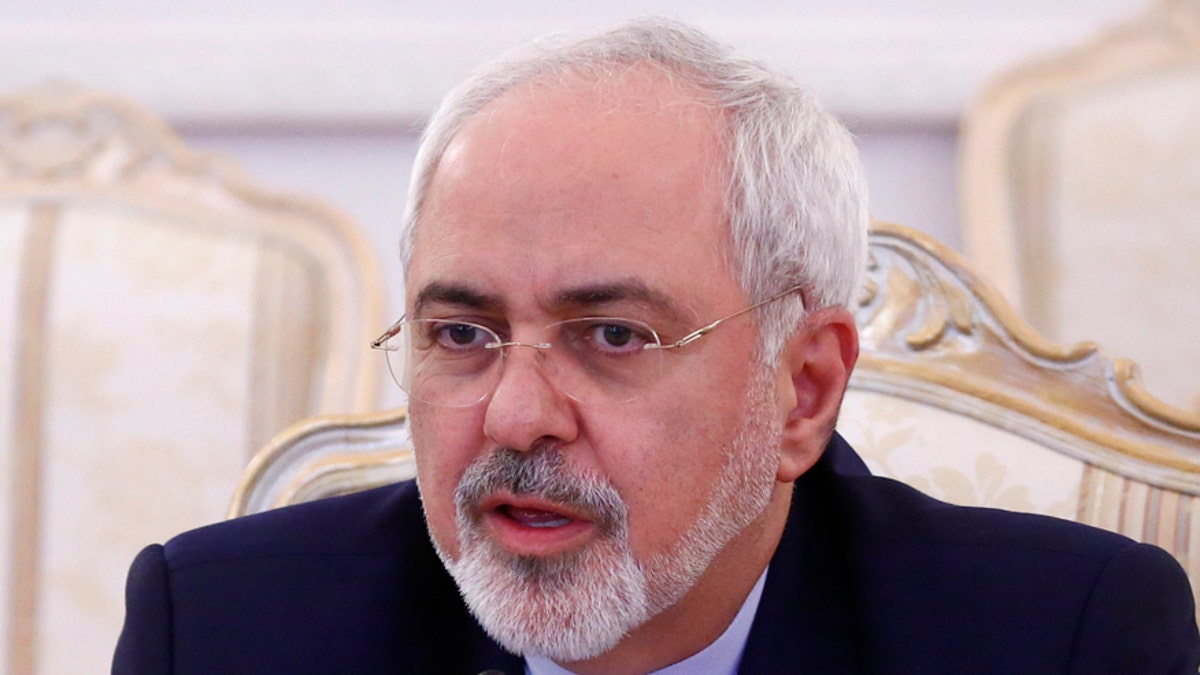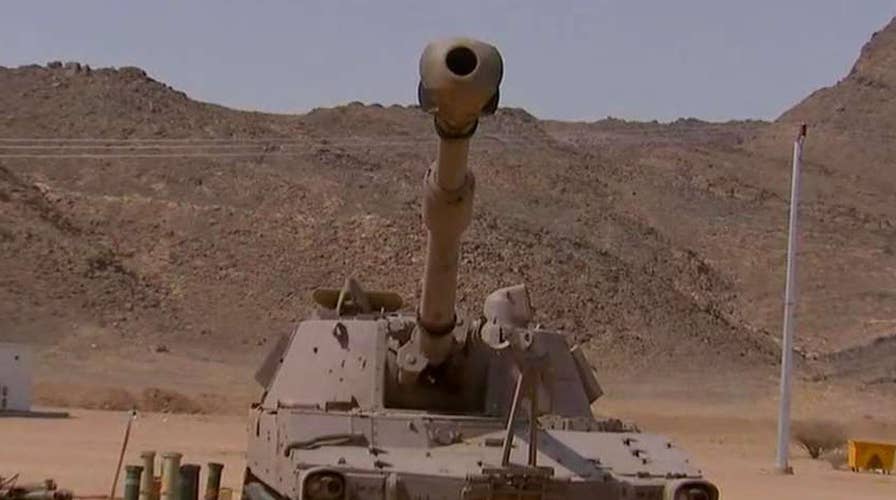A look at Saudi, US military operations in Yemen
Saudi forces target Houthi rebel militias; U.S. Navy SEALs raid Al Qaeda in the Arabian Peninsula positions
The brutal Yemeni war between the Houthi rebels and Saudi-led coalition is about to enter its fourth year and Al Qaeda in the Arabian Peninsula (AQAP), which is based in the cholera-ridden country, is regaining strength as increasing U.S. involvement draws international criticism.
Nevertheless, Yemen’s U.S. ambassador insisted the government, while not wanting U.S. boots on the ground, still needs American help.

Yemeni Ambassador to the U.S., Ahmed Awad bin Mubarak. (Courtesy of Yemen Embassy in Washington D.C.)
“We need the U.S. government to continue to lend its political and logistical support to the legitimate government and the Arab coalition,” Ahmed Awad bin Mubarak told Fox News this week in an exclusive interview. “This will, in turn, help reinstating the government institutions, which will curb AQAP operations and lead to its demise."
The conflict, according to the U.N., has claimed the lives of more than 10,000 people, displaced millions and gutted the infrastructure of the country, already considered the poorest in the Middle East before the war began. Over the past few months, Yemen has been devastated not only by bombs and bullets, but has experienced a severe return of the once almost extinct – and under normal circumstances highly treatable – cholera.
American involvement in the fight is increasing. Although the U.S. was forced to shutter its embassy in Yemen in 2015 and pull out special operations forces pursuing AQAP operatives as the conflict spiraled, the American military is increasingly embroiled in the embattled nation.
U.S. troops have returned in small numbers, and the Trump administration has vastly accelerated the number of operations in the region in recent months.
America’s engagement inside Yemen and its backing of the Saudi-led coalition, which supports Mubarak and the rest of the internationally-recognized government, is steeped in controversy.

Government forces, Houthi rebels and Al-Qaeda factions control different parts of war-torn Yemen
Much of the international media and human rights bodies have accused the U.S. of propping up a bloody Saudi-initiated war, a criticism Mubarak sharply denies.
Some of the criticism may reflect a misunderstanding of the history and nature of the conflict.
While many have framed the war as a Sunni-Shia sectarian conflict, Mubarak insists the two groups of Muslims, Shia and Sunni, have co-existed in Yemen for a very long time.
ISIS, SQUEEZED OUT OF IRAQ AND SYRIA, NOW 'REGROUPING' IN LIBYA, ANALYSTS SAY
AL QAEDA IN AFGHANISTAN: HOW TERROR GROUP SURVIVES, THRIVES
YEMENI REBELS SAY TARGETED UAE SHIP OF SAUDI-LED COALITION
“Both have prayed at the same mosques, intermarried. It was not until the Houthis’ war that such rivalry was instigated,” he added. “The government does not want to annihilate the Houthis from the face of the Earth. We just want them to become a political party like everyone else, to realize political gains can only be attained by returning to the negotiating table – not by force.”
The Yemeni civil war was sparked in September 2014 when a group of Houthi rebels and fighters loyal to former president Abdullah Saleh – predominantly Shia Muslims from the north – took control of the capital, Sana’a, and have since held it. Four months later, the militias deposed the reigning government, led by President Abed Mansour Hadi, who has since been forced to establish a lateral government in the southern city of Aden.
Mubarak himself was kidnapped by a Houthi militia in Yemen in early 2015, while serving as President Hadi’s office director, and was released ten days later.

Iranian Foreign Minister Mohammad Javad Zarif. (REUTERS/Maxim Shemetov)
“This was done to put pressure on the president and to thwart the political process,” he contended. “My experience, at a personal level, was very difficult during my captivity.”
The fighting then intensified in March 2015 when neighboring Saudi Arabia launched a sea, air and land military campaign across its border, under the auspice that the Houthi threat on its border was Iran-backed. The Saudi-led coalition, backed by several Sunni Arab states, receives its weapons and logistical support from the U.S. and U.K.
Mubarak said the Houthis “misread” the Obama administration’s attempts to resolve the conflict through high-level meetings with their representatives as “positive political gains.”
“These meetings, instead of resolving the conflict, had the opposite effect and fed the Houthis illusions,” he said. “The U.S. continued support to the legitimate government would eliminate any false illusions the Houthis might have and would therefore facilitate a peace agreement.”
The conflict, he asserted, is fed by Iranian involvement.
“Iran uses the Houthis as a cheap means to expand their revolution and influence the Arab world,” he said. “If ambitions are not challenged and put at bay, Iran might succeed.”
Tehran officials continue to deny accusations of directly aiding the Houthis, but officials have voiced their desire to bring an end to the conflict.
Last month, Iranian Foreign Minister Mohammad Javad Zarif called the current fighting in Yemen the "worst humanitarian nightmare you can think of" and said he hoped it would not escalate into full-scale war between Iran and Saudi Arabia.
"We certainly hope that if we don't agree with each other about the situation in Yemen or about the situation in Syria we can still work with each other in order to bring those situations to an end," he noted.
Yemen's government, meanwhile, has expressed the hope that its advances against the Houthis opens a door for talks, Mubarak said.
Government forces now control more than 80 percent of Yemen, with Houthis “constantly losing ground,” he said. Though the path to peace remains long, the first step, he said, is at least getting the Houthis to commit to a ceasefire.

